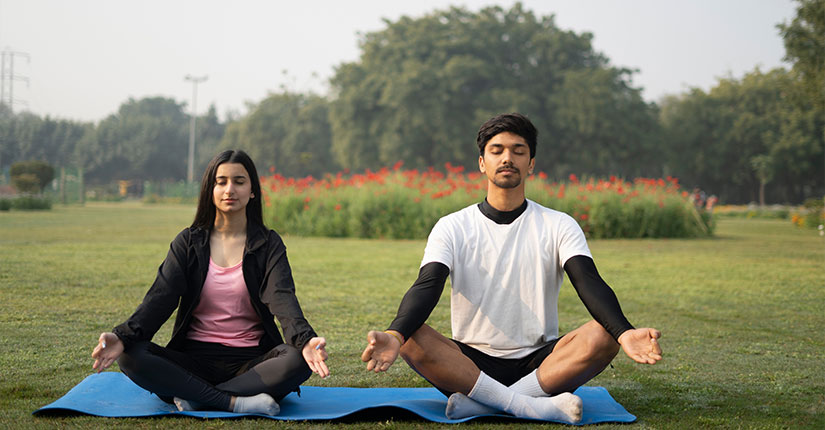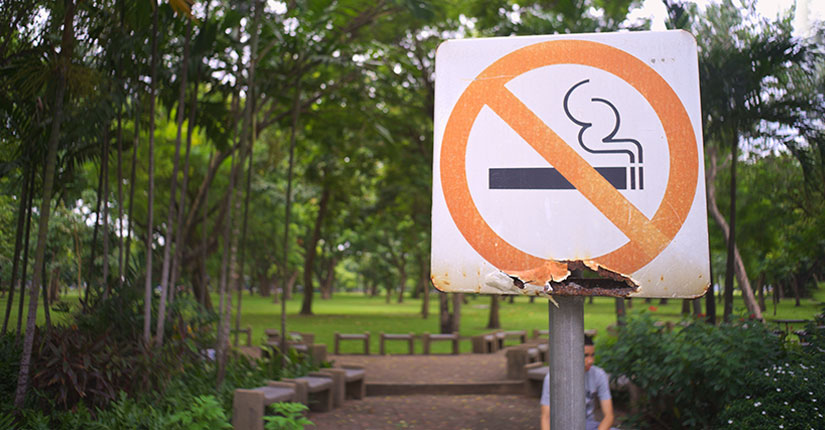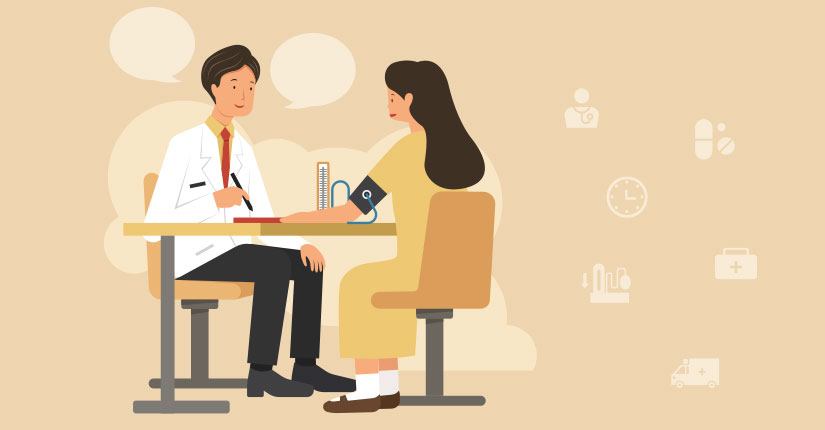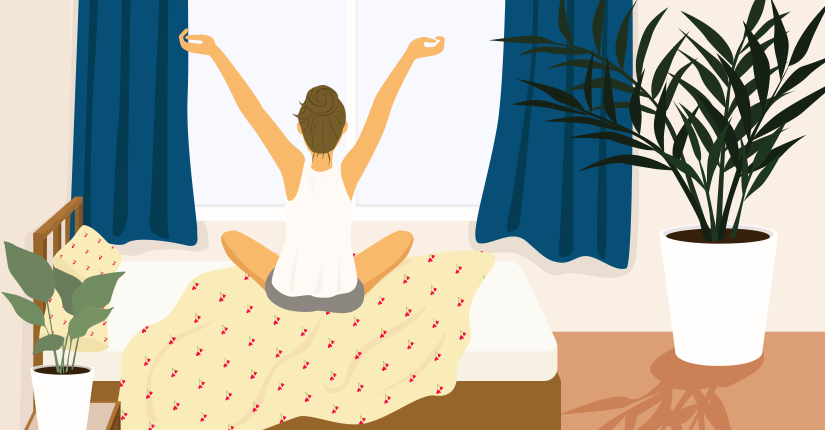Covid-19 Triggers 25% Increase In Prevalence Of Anxiety And Depression Worldwide
By Nmami Agarwal 07-Mar 2022 Reading Time: 4 Mins
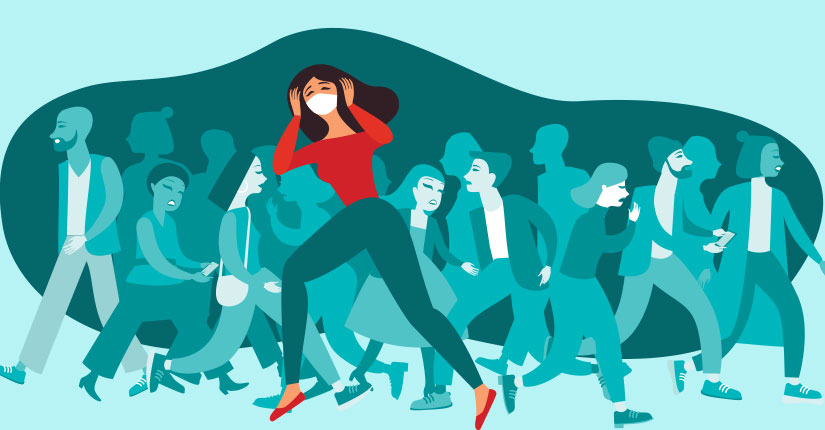
The pandemic has surely left us with a lot of physical and emotional stress, it has already taken over the masses and their lifestyle. It is not only affecting our respiratory system but leaving us with a lot of anxiety and depression. According to the scientific brief released by the World Health Organisation in the first year of the Covid-19 pandemic, global prevalence of anxiety and depression increased by a massive 25%.
Stress Factors:
There are multiple stress factors for the increase in anxiety and depression, like social isolation resulting from the pandemic, loneliness, fear of infection, suffering and death for oneself and for loved ones, grief after bereavement and financial worries. Among health workers, exhaustion has been a major trigger for suicidal thinking. It also affects people’s ability to work, seek support from loved ones and engage in their communities.
People At Risk:
The pandemic has said to affect the mental health of young people and that they are at a very high risk of suicidal and self-harming behaviours due to all the stress. Studies have also indicated that women have been more severely impacted than men and that people with pre-existing physical health conditions, such as asthma, cancer and heart disease, were more likely to develop symptoms of mental disorders. When the people with pre-existing mental disorders become infected, they are more likely to suffer hospitalisation, severe illness and death compared with people who are mentally healthy.
Additionally, women who were home-makers, now have to take up the responsibility of the whole family, missing their alone time. And this can make them susceptible to mental disorders and tigger anxiety in them.
What Needs To Be Done:
The increase in the prevalence of mental health problems has coincided with severe disruptions to mental health services, leaving huge gaps in care for those who need it most. The services for mental, neurological and substance use conditions were said to be the most disrupted among all essential services during the pandemic. There is an urgent need to make eligible and effective digital tools available and easily accessible as people are unable to access any of the facilities face-to-face. The World Health Organisation is constantly working to put forward all the necessary support people need for their mental health.
Over To You:
Everyone must take good care of their mental health and not just physical health. Practising meditation and gratitude, will bring positivity and help us stay grounded in these difficult times.


